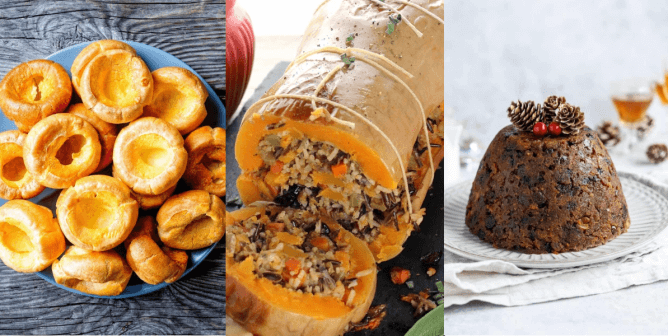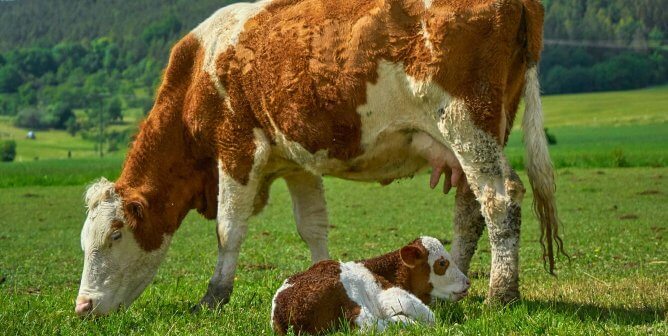Celebrate a Compassionate Vegan Passover
Passover—the universal story of dignity, hope, and freedom—teaches that all suffering matters to God. And that means, of course, that it should matter to us as well. It is odd to celebrate freedom if we still dine on the flesh of animals who spend their lives caged in cement stalls no bigger than their own bodies, never able to look up at the sky or feel grass beneath their feet. The very premises that lead many to conclude that it is permissible to eat meat—that animals have no merit beyond how they might taste and that animal suffering is of no consequence—are antithetical to the humanity and compassion of Judaism.
Refusing to have a hand in that suffering is especially timely at Passover, for in commemorating the escape of the Jews from Egyptian bondage, the holiday reminds us of the importance of continuing the battle for freedom. Prayers said on Passover call on us to be kind to those who are now oppressed and to deepen our commitment to liberty today. What better time than Passover to extend our compassion to every living being? And what better way to celebrate the spirit of the holiday than by practicing vegetarianism?
“It appears that the first intention of the Maker was to have men live on a strictly vegetarian diet. The very earliest periods of Jewish history are marked with humanitarian conduct towards the lower animal kingdom. … It is clearly established that the ancient Hebrews knew and perhaps were the first among men to know, that animals feel and suffer pain.”
We hope that you will start a new Passover tradition this year by adding kindness to the plate. Traditionally, most Jews include an egg on the ritual seder plate—to symbolize spring and life—but many now replace it with a flower. Using an egg from a chicken who spent her short life in death-like conditions—squeezed inside a tiny, crowded cage, barely able to move—mocks that symbolism. In place of the shank bone set on the seder plate to remind us of “the mighty arm of God,” many Jews use a beet, as allowed in the Talmud. And the cholesterol-laden array of animal foods often found on the Passover table can easily be replaced with delicious, healthful, and humane dishes. Check out our favorite Passover recipes to get started.
Protesting against injustice should lead to a table free of cruelty, as people of all religions begin to recognize that suffering is suffering-no matter who is experiencing it.





